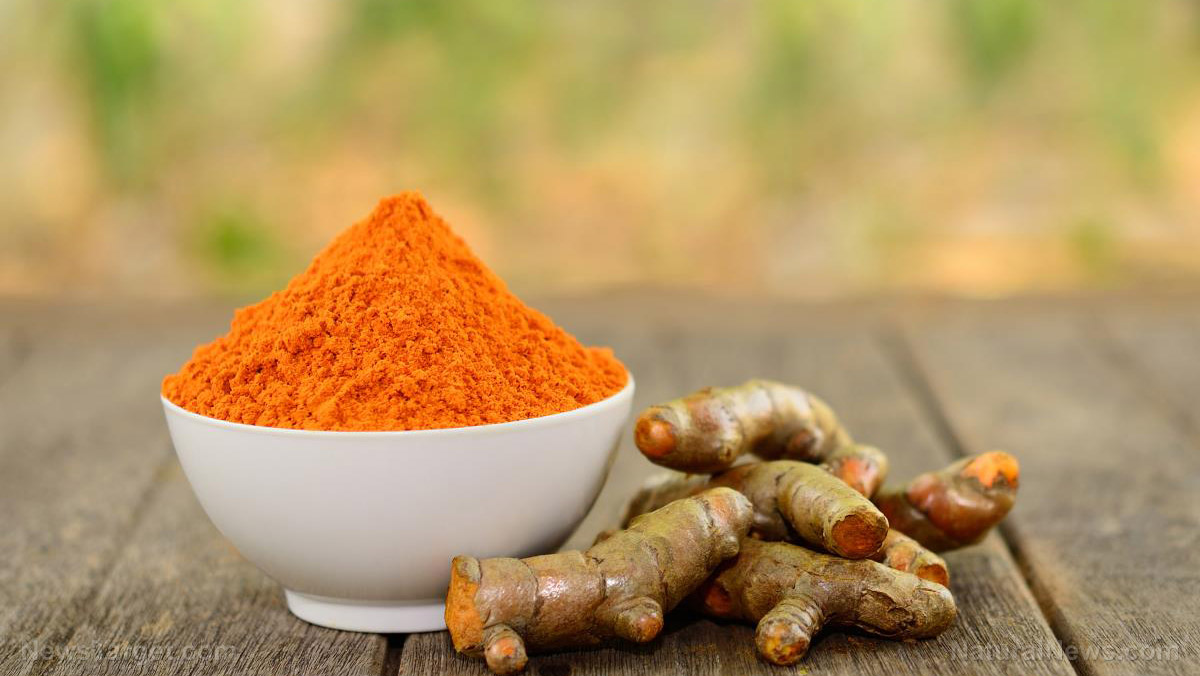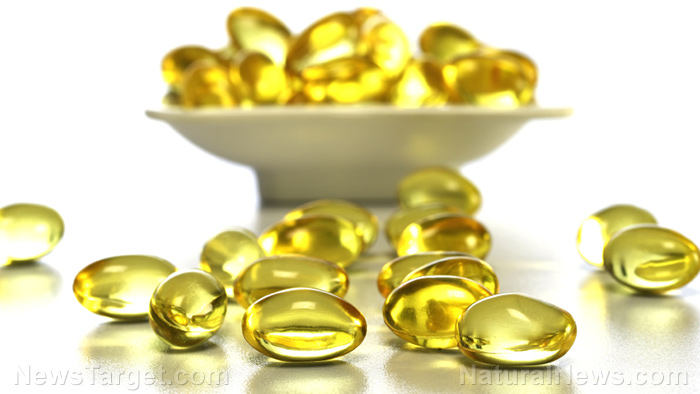Being deficient in vitamin B12 can increase your risk for Alzheimer’s later in life
01/01/2019 / By Ellaine Castillo

Proper nutrition is crucial for maintaining overall health. Most people just focus their attention on getting adequate levels of specific nutrients like vitamins C and D that they end up being deficient in other necessary nutrients. One type of nutritional deficiency that many people have is for vitamin B12, with nearly 40 percent of Americans suffering from this condition. This is unfortunate since vitamin B12 is involved in many processes that occur inside the body. Moreover, recent studies have shown that vitamin B12 deficiency increases the risk for Alzheimer’s later on in life.
Vitamin B12 or cobalamin is a water-soluble vitamin naturally found in animal foods. It is involved in bodily functions like forming red blood cells, synthesizing DNA, and maintaining neurological function. Unfortunately, there are many people who are at risk of having vitamin B12 deficiency. These include the elderly, people taking metformin, vegans, and those taking long-term antacid drugs. Deficiency in this nutrient is hard to spot since symptoms may take years before they manifest and it’s often misdiagnosed as folate deficiency. Some symptoms of vitamin B12 deficiency include the following:
- Pale or jaundiced skin
- Weakness
- Sensations of pins and needles
- Poor mobility
- Mouth ulcers and inflamed tongue
- Breathlessness
- Dizziness
- Impaired vision
- Mood changes
If you exhibit any of these symptoms then you have to increase your vitamin B12 intake. Otherwise, deficiency in this nutrient could contribute to Alzheimer’s disease.
How does vitamin B12 deficiency increase Alzheimer’s risk?
One way through which vitamin B12 deficiency increases Alzheimer’s risk is by increasing the amount of pro-inflammatory chemicals in the blood. Most, if not all, patients with Alzheimer’s suffer from brain inflammation, which inflicts damage on the brain that can interfere with its different functions.
Mother Nature's micronutrient secret: Organic Broccoli Sprout Capsules now available, delivering 280mg of high-density nutrition, including the extraordinary "sulforaphane" and "glucosinolate" nutrients found only in cruciferous healing foods. Every lot laboratory tested. See availability here.
Insufficient levels of vitamin B12 also lead to the build-up of an amino acid called homocysteine, which is observed to be abundant in people with Alzheimer’s. This compound is generally toxic to blood vessels and has also been associated with an increased risk of heart attacks and stroke.
To make things worse, vitamin B12 deficiency becomes increasingly common as people age since the body finds it harder to absorb this nutrient. This means that the elderly have a higher risk of getting Alzheimer’s.
To reduce the risk of vitamin B12 deficiency-associated Alzheimer’s, here are some foods that are rich in this nutrient:
- Fresh wild clams
- Grass-fed meat
- Fish
- Poultry
- Eggs
- Dairy
Foods and nutrients that reduce Alzheimer’s risk
Different nutrients work with each other to improve brain function so you can’t just increase your intake of vitamin B12 and ignore all the other vitamins and minerals. Other nutrients that are important for maintaining brain health include other B vitamins, vitamins C and E, omega-3 fatty acids, and antioxidants. To get your daily dose of these nutrients, increase your intake of the following foods:
- Dark leafy greens — Kale, spinach, collard, and mustard greens are rich in folate and vitamin B9 that are important for cognition and can even reduce depression.
- Cruciferous vegetables — Eat more broccoli, cauliflower, bok choy, and brussels sprouts since these contain folate and carotenoids, which lower homocysteine levels.
- Beans and legumes — These foods provide the body with nutrients like folate, iron, magnesium, and potassium that improve signaling between neurons. Moreover, they also contain a B vitamin called choline that boosts the brain chemical acetylcholine.
So if you want to avoid Alzheimer’s and other diseases associated with nutritional deficiencies, make sure that you are getting the right amount of vitamins and minerals needed by the body. (Related: Are you feeding your brain the right nutrients? Folate, vitamins B12, C, E, and D are crucial for mental health.)
For more articles about the different factors that increase Alzheimer’s risk, visit Alzheimers.news.
Sources include:
Tagged Under: Alzheimers risk, brain health, cobalamin, cognitive function, Mental illness, neurodegenerative disease, nutrients, nutritional deficiency, vitamin B12, vitamin b12 deficiency, vitamins



















